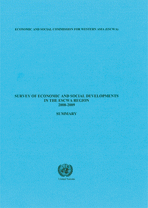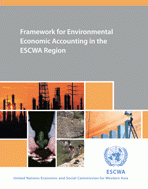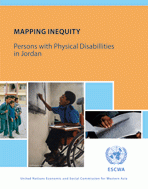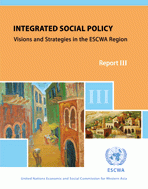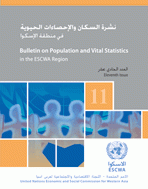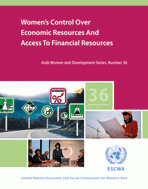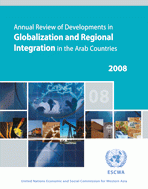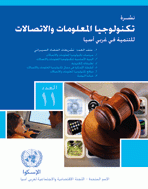Even before the international financial crisis, the ESCWA region as a whole was not expected to meet the Millennium Development Goals in view of the already inadequate structure of existing policies. On the economic side, industrialization and full-employment policies remained elusive goals.
Advanced Search Results
Website complete search | Advanced search
|
20 May 2015
|
|
20 May 2015
|
|
20 May 2015
This study provides a review of the System of Integrated Environmental and Economic Accounting (SEEA), developed by the United Nations Statistics Division (UNSD) to integrate economic and environmental information into a common framework, measuring both the contribution of the environment to the |
|
20 May 2015
Worldwide and in the ESCWA region, persons with physical disabilities face higher levels of unemployment, lower levels of education and higher infant mortality rates than the rest of the population. |
|
20 May 2015
Most countries in the ESCWA region see social policy as a basic element in achieving balanced human and economic development. |
|
20 May 2015
|
|
20 May 2015
This issue disseminates population census data and comparable national data on registered vital events in the ESCWA region, with complementary analysis. |
|
20 May 2015
Although female economic activity has steadily increased in the ESCWA region in recent decades, women still face a number of gender-based barriers that prevent them from gaining full control over economic resources and access to financial resources. This study, which is the thirty-sixth issue |
|
20 May 2015
The performance of Arab countries in 2007 was uneven. Some sectors increased their share in the world economy while others saw their share decline. |
|
20 May 2015
|






